Question And Answer
Publications
Articles, publications, books, tools and multimedia features from the U.S. Institute of Peace provide the latest news, analysis, research findings, practitioner guides and reports, all related to the conflict zones and issues that are at the center of the Institute’s work to prevent and reduce violent conflict.
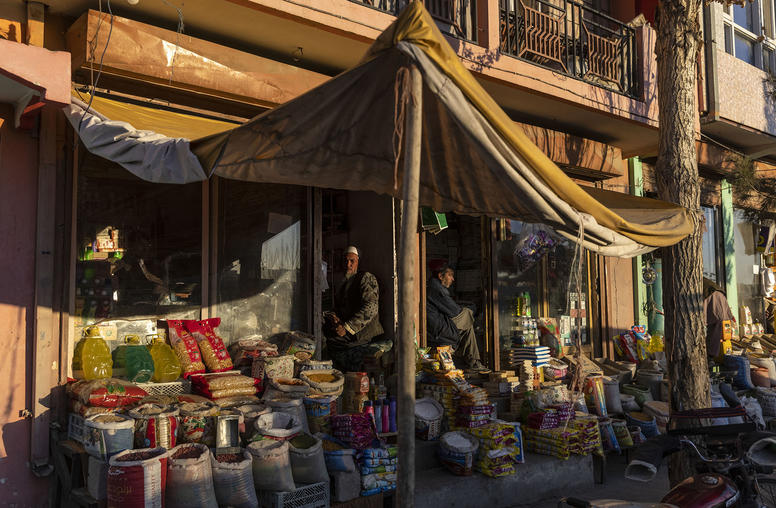
Russia’s Invasion of Ukraine Helps the Taliban and Makes Afghans Worse Off
Russia’s invasion of Ukraine is an acute disaster for Ukraine and Europe. But it also has a profound geopolitical impact — one that will have ripple effects for the major humanitarian disaster in Afghanistan. An active war in Europe is bad news for Afghanistan, as this draws away resources, sympathy and attention from the millions of Afghans that are also struggling to get cash, food and protection from human rights abuse. And the Taliban stand to benefit, since they no longer appear to be the world’s most notorious aggressor and will gain political space to consolidate their control over the country.
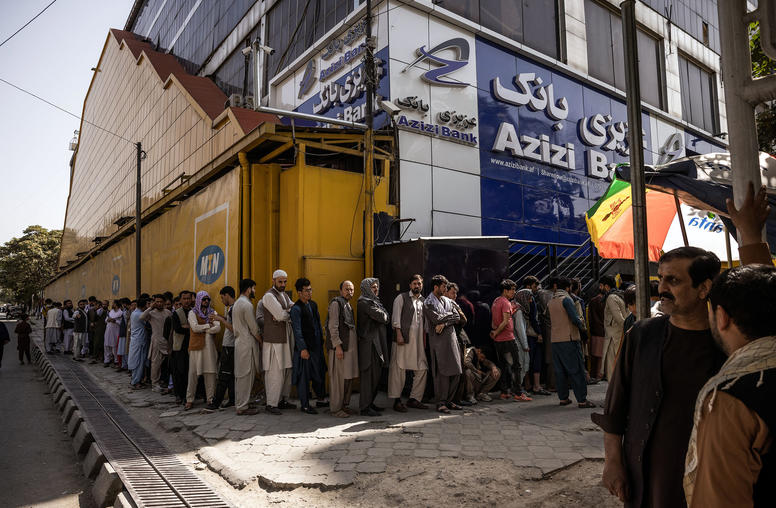
Afghanistan’s Frozen Foreign Exchange Reserves: What Happened, What’s Next
President Biden’s executive order blocking more than $7 billion of Afghan foreign currency reserves held at the U.S. central bank left confusion and consternation in its wake. And no wonder: The administration was seeking to balance a complex set of legal, foreign policy and political considerations.
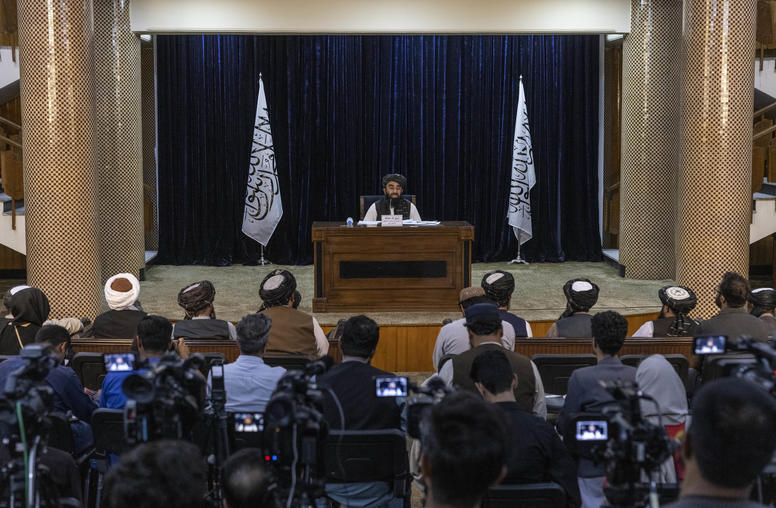
Afghan Taliban Views on Legitimate Islamic Governance
Since their return to power in August 2021, Taliban leaders have not yet articulated a clear vision of how they plan to structure the Afghan state. Some observers have expressed guarded optimism that the Taliban can be persuaded to move away from the more authoritarian and illiberal aspects of their first regime. This report is intended to help these negotiators—whether from the international community or Afghan civil society—find possible compromises between the Taliban’s vision of “true” Islamic governance and liberal democracy and respect for human rights.

Asfandyar Mir on the Pakistani Taliban and Afghanistan-Pakistan Border Tensions
As Pakistani leaders quarrel with the neighboring Afghan Taliban over the demarcation of their shared border, USIP’s Asfandyar Mir says Pakistan’s own Taliban insurgency has “been boosted by the example of the Afghan Taliban … if things continue to escalate over the medium term, things become very difficult for Pakistan.”
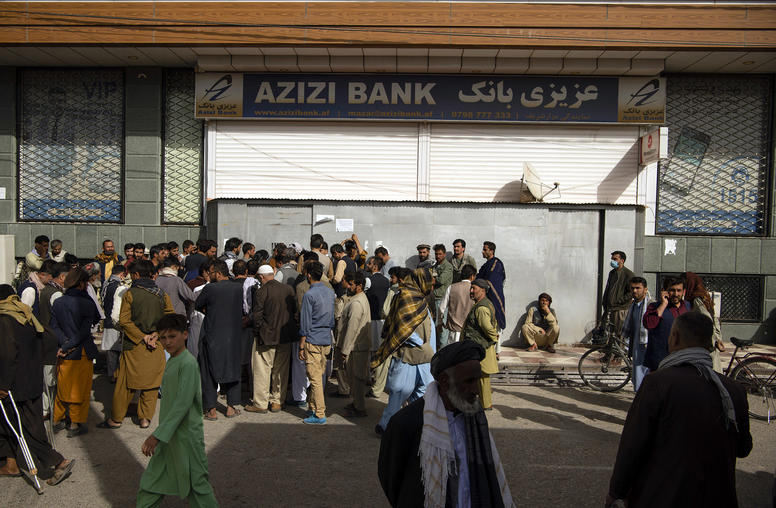
Taliban Are Collecting Revenue — But How Are They Spending It?
Although economic and humanitarian conditions in Afghanistan continue to deteriorate, the Taliban have taken some positive steps toward financial stability by publishing a fiscally responsible three-month budget and raising considerable amounts of domestic revenue — especially through customs duties, which have risen with a crackdown on corruption.
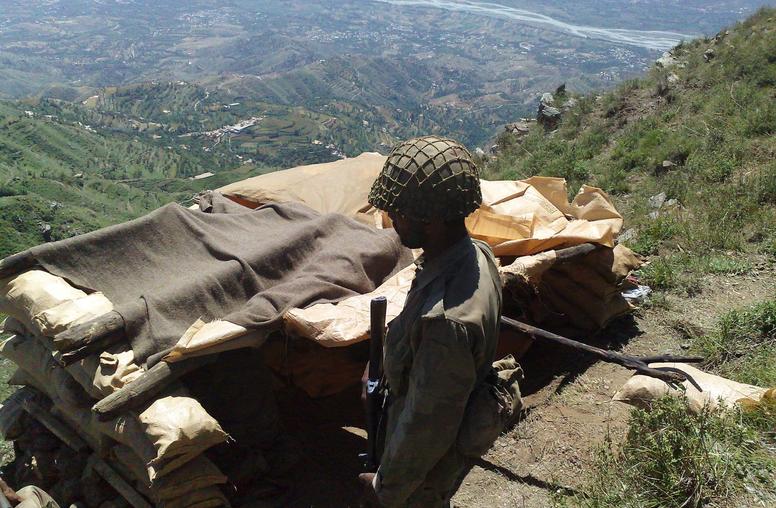
After the Taliban’s Takeover: Pakistan’s TTP problem
In 2021, the Tehreek-e-Taliban Pakistan (TTP) insurgency escalated its challenge against Pakistan. Operating from bases in Afghanistan, and with a growing presence inside Pakistan, the group mounted an increasing number of attacks against Pakistani security forces — as well as against some critical Chinese interests in Pakistan. The insurgency also showed renewed political strength by bringing in splintered factions and improving internal cohesion. Additionally, al-Qaeda signaled its continued alliance with the TTP. On Tuesday, after an attack by the TTP on the police in Pakistan’s capital city of Islamabad, Pakistan’s Interior Minister warned that more attacks by the group are likely.
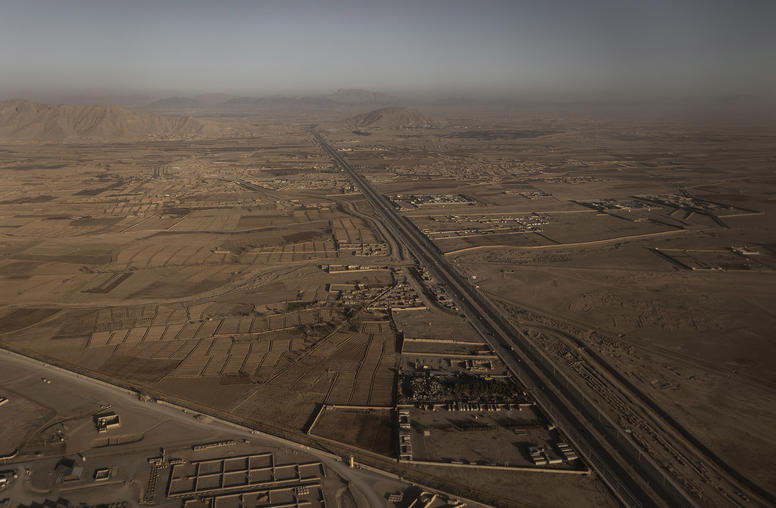
Afghanistan-Pakistan Border Dispute Heats Up
In at least two incidents in late December and early January, Afghan Taliban soldiers intervened to block an ongoing Pakistani project to erect fencing along the shared border between Afghanistan and Pakistan — the demarcation of which prior Afghan governments have never accepted. Despite attempts to resolve the issue diplomatically, and the Taliban’s dependence on Pakistan as a bridge to the international community, both sides remain at odds over the fence. USIP’s Richard Olson, Asfandyar Mir and Andrew Watkins assess the implications of this border dispute for Afghanistan and Pakistan’s bilateral relationship and the region at large.
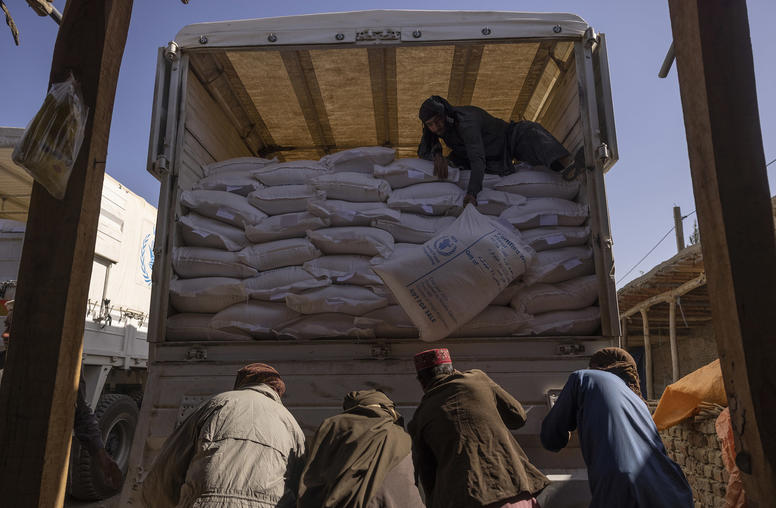
How to Mitigate Afghanistan’s Economic and Humanitarian Crises
Afghanistan is teetering on the brink of a famine and economic collapse. Millions face the prospect of falling into poverty, starvation and even death. On December 22, the U.S. Treasury Department and United Nations Security Council provided sanctions relief for humanitarian assistance flowing to Afghanistan. USIP’s William Byrd says these actions are welcome but insufficient and discusses what more can be done to ensure the delivery of essential, life-saving aid to the Afghan people.
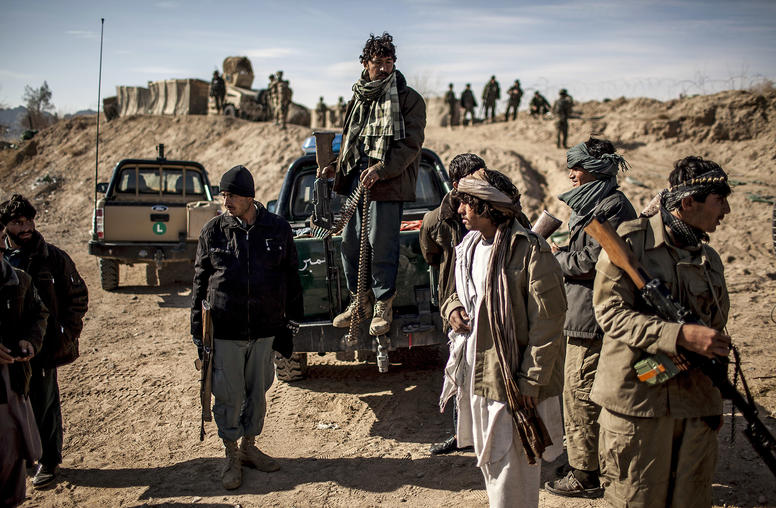
What Afghanistan Teaches Us About Evidence-Based Policy
Even as the debate over the lessons learned by the U.S. government in Afghanistan continues, several clear conclusions have emerged. One is that U.S. agencies repeatedly underestimated the time and resources needed to support a nation wracked by decades of war, while they failed to follow a consistent plan for civilian recovery efforts. U.S. personnel also lacked the training needed to be successful in the field, and monitoring and evaluation efforts did not receive the policy attention required to enable course corrections and learning.
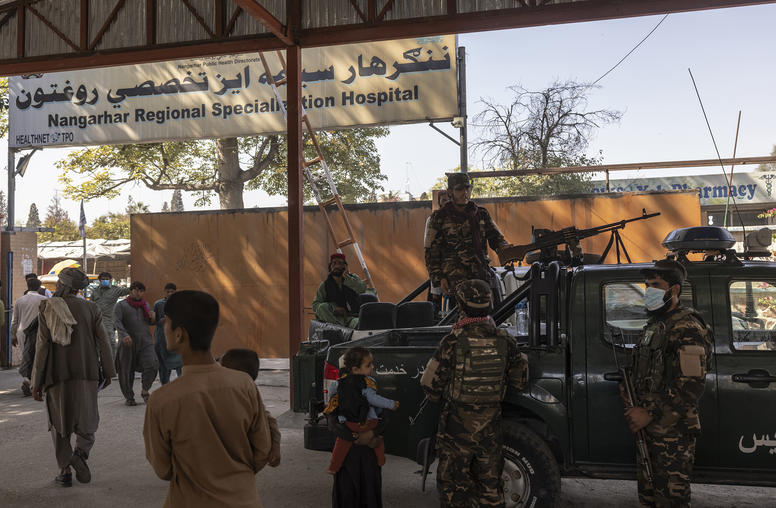
Aiding Afghan Local Governance: What Went Wrong?
After 20 years of an ambitious, costly international state-building effort, the government of Afghanistan collapsed in the summer of 2021 in a matter of weeks. The Afghan security forces’ remarkably rapid defeat earned significant attention, but the Taliban victory over the internationally backed Afghan republic stemmed equally from deep-seated political and governance factors. Across all the facets of the Western state-building endeavor in Afghanistan, there is now an enormous need to assess how the international project fell so far short of its aims.